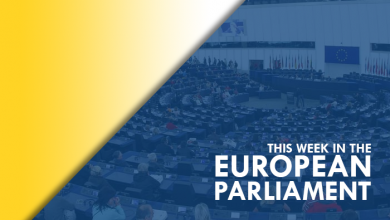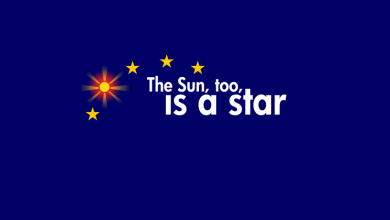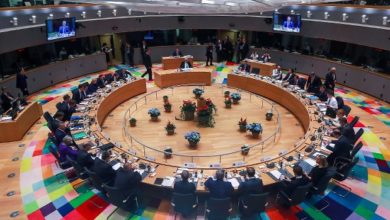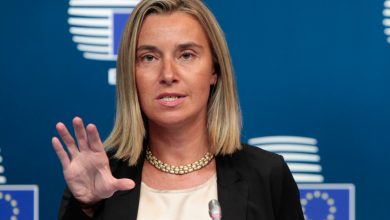This week in the European Parliament 16 – 23 October 2017
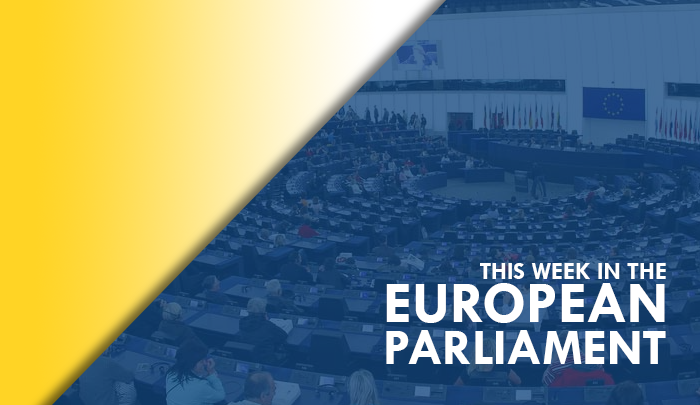
After some weeks with Catalonia and a lot of foreign policy in the parliamentary business, the European Parliament will debate this week on employment, the Dublin agreement, digital privacy, and the Panama papers. Provided no shocking event motivates an urgent debate…
Posted workers. Many employees are sent to work in another member state on a temporary basis, especially in the road transport sector. The Employment Committe will vote on new rules regarding posting of workers. Their aim is to protect these workers better and to stablish a level playing field for companies. The keys: equal pay for equal work for the same employer, and host country’s labour rules after two years. (Monday)
Asylum rules (Dublin agreement). The Dublin agreement determines which member state must process an asylum request. A major revision of the agreement will be voted by the Civil Liberties Committee. The aim is to tackle the weaknesses of the current asylum system, sharing responsibility more equally between member states. The procedure would involve register upon arrival to the EU. It also hopes to make a more efficient system, granting protection faster to those in need while returning more swiftly those who do not. (Thursday)
Digital privacy. Society evolves, some times faster than law. While the current privacy protection rules work for more traditional means of communication, WhatsApp, Facebook Messenger, and Skype lack specific rules. This is the reason why the Civil Liberties Committee will vote on an update of EU privacy protection rules. Main topics put to a vote on Thursday:
- cookies, which are the very reason why the products you see at Amazon or your football club’s online shop appear in your newspaper’s banners;
- unsolicited direct marketing (via SMS, e-mail, etc.), which has to do specifically with the use companies make of the personal data you give them, often almost inconsciously;
- end-to-end encryption in digital communication, which is more important than you may expect. If your data is sent with no end-to-end encrpytion, an eavesdropper may take it and act at their please with them. Mind that we live in a world where the bridge between an e-mail address and the school of your kids may be shorter than you imagine, so this technical point is maybe the most important one of all of them.
Panama papers (Inquiry Committee). Thanks to these papers we knew that a number of Europeans had offshore companies with opaque accounts at the other end of the Pond. Once leaked, the EP set up a special comittee to investigate their revelations on money landering and tax evasion. The final report on the Panama Papers will be voted on Wednesday.
Plenary preparations. The groups will discuss their group positions on the future of EU finances, minimum income policies and the protection of whistle-blowers acting in the public interest. They will also prepare votes on the certification of fertilisers, the protection of workers exposed to carcinogenic or mutagen substances and on illicit drug trafficking. Furthermore, MEPs will determine their positions on the Commission’s work programme, the 2018 EU budget.
Trade talks. MEPs will also determine their positions on whether the EU should start trade negotiations with Australia and New Zealand, or not.
President’s agenda. EP President Antonio Tajani will meet with Mr Jigme Zangpo, Speaker of the National Assembly of Bhutan on Tuesday, and with Algeria’s Foreign Affairs Minister Abdelkader Messahel on Wednesday. On Thursday, he will address EU leaders at the summit, followed by a press conference.
2017 Princess of Asturias Award. On Friday, President Tajani will be in Oviedo (Spain) to attend the award ceremony of this reputable award given this year to the European Union in the category of Concord. Check Wikipedia for a list of all the awardees since its setup in 1986.
Pre-session press briefing. The EP Press Service will hold a press briefing with the EP’s political group spokespersons at 11.00 on Friday. (Anna Politkovskaya room, press centre, Brussels)

